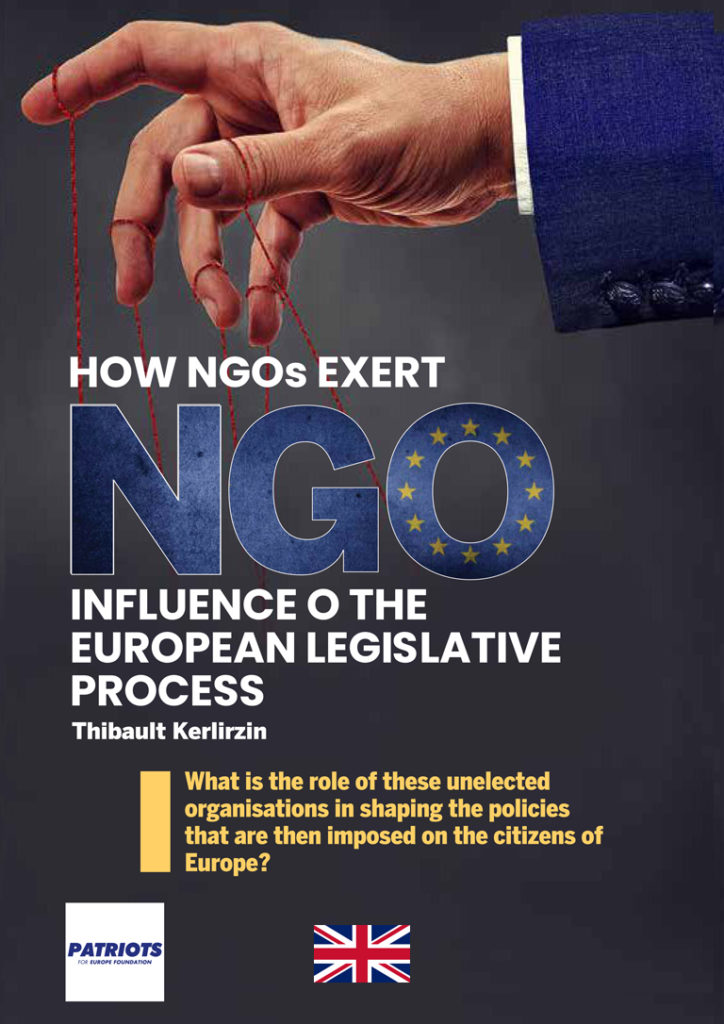
How NGOs exert influence o the European legislative process
The recent “Conference on the Future of Europe” confirmed the aspirations of citizens to play a greater role in the democratic life of Europe. This deep-rooted and long-standing aspiration is sometimes expressed through the emergence of special interest groups to represent the voice of the people to the institutions.
Among these are non-governmental organisations (NGOs), which — unlike lobbies — seem to benefit spontaneously from an impartial, benevolent aura, free from contingencies and technocratic, political or ideological agendas.
In 2011, the European Commission and the European Parliament set up a Transparency Register. Entities of various kinds (practices, companies, NGOs, public or semi-public bodies, etc.) that “seek to influence, directly or indirectly, the development of European policies and legislation” must register. This registration gives them the opportunity to meet Commissioners, members of their cabinets and Directors-General, who have to report back to them.
At the end of 2012, there were around 5,400 of these entities, but today there are almost 13,300. Their work covers 40 sectors as diverse as the environment and education, migration and public health, the budget and maritime affairs.
Very few studies or tools have been used to assess the impact of NGO activity on European democratic life. Are they truly non-partisan? Do they play a significant role in the decision-making processes of the European Commission or the European Parliament and, through legislative trickle-down, in national policies? And, more generally, which NGOs have access to our European institutions?
The European Union is sometimes perceived as a complex and opaque technocratic entity. The many organisations surrounding the European institutions can perhaps add to this feeling of impenetrability. It falls, therefore, to the elected and appointed representatives of the citizens of Europe, who wield significant influence over European legislation, to ensure that the decisions of the European Union remain firmly anchored in the defence of the general interest, the cornerstone of democratic life.
As a corollary of this objective, it is essential that the public should have access to the information on which all decisions are based, i.e. that there should be transparency.
This study endeavours to contribute, in its modest capacity, to this project of democratic transparency, which is fundamental to the health of a democracy. Without wishing to be exhaustive, it seeks to analyse certain significant organisations in terms of their funding or the place they occupy in the news without our fellow citizens or even observers such as the media being well informed.
We hope you enjoy reading it!
Study by Thibault Kerlirzin
Study published by the Identity and Democracy Foundation

